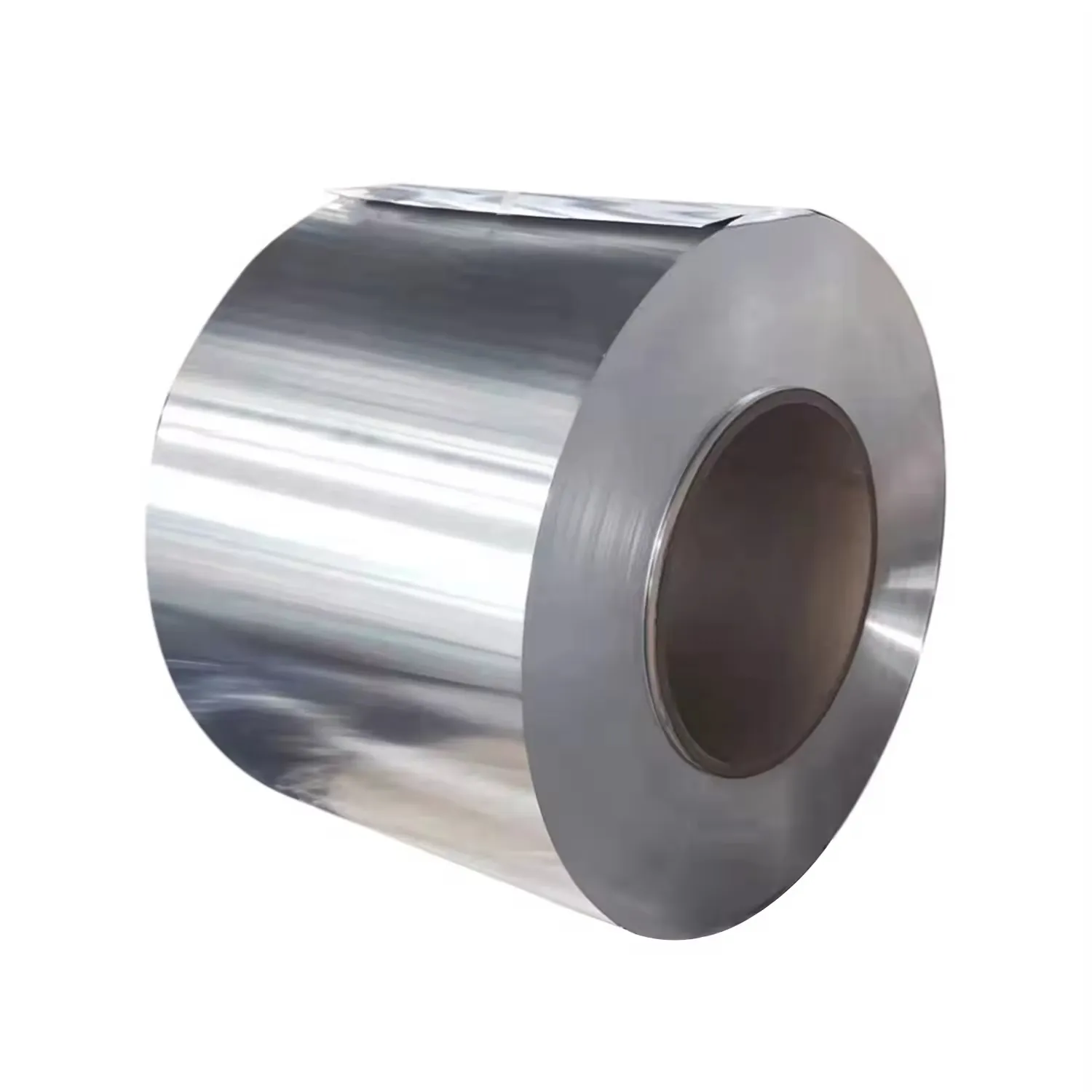High strength carbon steel coil is engineered to deliver superior tensile and yield strengths while maintaining ductility, addressing the needs of heavy duty structural and industrial applications. These coils typically have carbon contents between 0.25% and 0.60%, with alloying elements like manganese, chromium, nickel, or molybdenum to enhance mechanical properties. Common grades include ASTM A572 Grade 50 (yield strength ≥345 MPa), EN S460 (yield strength ≥460 MPa), and JIS SM570 (tensile strength ≥570 MPa), optimized for high load scenarios. The microstructure is refined through controlled rolling, quenching, and tempering to achieve a fine grained ferrite pearlite or bainitic structure, balancing strength and toughness. High strength coils excel in applications requiring reduced weight, such as bridge girders, offshore platforms, and heavy machinery frames, where their high yield strength allows for thinner sections and material savings. Impact resistance is critical, with many grades tested at 20°C or lower to ensure toughness in cold environments. Weldability is managed through controlled carbon equivalent (CE) values, often requiring preheating for thicker sections. These coils are widely used in infrastructure, energy, and transportation industries, with manufacturers continuously innovating to develop ultra high strength coils (yield strength >690 MPa) for next generation lightweight designs.


